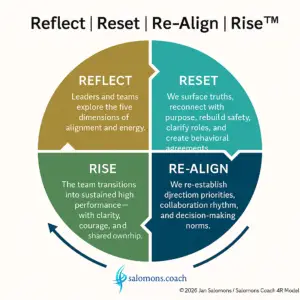Creating a safe and speak-up culture in teams

Creating an environment where individuals feel safe to express ideas and take risks without fear of negative consequences is crucial for building trust within a team. This concept, known as psychological safety, fosters open communication, innovation, and effective collaboration.
There is a great TEDx video by Amy Edmondson on this subject, which I strongly recommend.
If you also want to cultivate such an environment as a leader, you might want to consider implementing the following strategies:
1. Model vulnerability and openness
- Share personal mistakes: Leaders should openly discuss their own errors and the lessons learned, demonstrating that mistakes are opportunities for growth rather than grounds for punishment. This approach encourages team members to be forthcoming about their own challenges.
- Seek feedback: Actively requesting and valuing input from team members shows that all perspectives are important, reinforcing a culture of openness.
- Admit knowledge gaps: Acknowledging when you don’t have all the answers fosters a learning-oriented environment and encourages others to share their insights.
- Demonstrate empathy: Understanding and sharing the feelings of team members builds trust and encourages open communication.
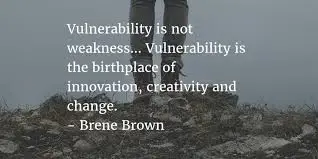
2. Encourage inclusive participation
- Facilitate open dialogue: Create forums where team members can share ideas and concerns without interruption or judgment, ensuring that all voices are heard.
- Value diverse perspectives: Recognize and appreciate the unique contributions of each team member, fostering a sense of belonging and respect.
- Rotate meeting roles: Assign different team members to lead meetings or discussions, promoting engagement and shared responsibility.
- Implement anonymous feedback channels: Provide platforms for team members to share ideas or concerns anonymously, reducing fear of negative consequences.

3. Establish clear communication norms
- Promote active listening: Encourage team members to listen attentively and respond thoughtfully, which validates contributions and builds mutual respect.
- Set expectations for respectful interaction: Define and uphold standards for how team members communicate, addressing any behaviors that undermine psychological safety.
- Use inclusive language: Ensure that communication is free from bias and inclusive of all team members, fostering a welcoming environment.
- Provide constructive feedback: Offer feedback that is specific, actionable, and delivered in a manner that supports growth and learning.
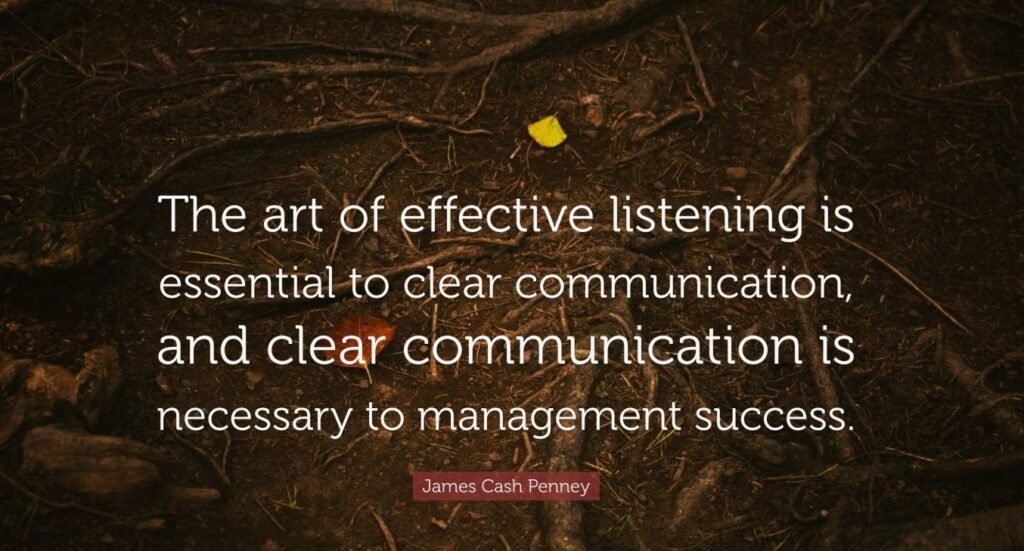
4. Implement structured reflection practices
- Conduct regular debriefs: After projects or significant events, hold sessions to discuss what went well and areas for improvement, normalizing continuous learning.
- Celebrate learning from failures: Acknowledge and reward the identification of mistakes and the insights gained, reinforcing that errors are part of the innovation process.
- Encourage peer reviews: Facilitate opportunities for team members to review each other’s work, promoting collaborative learning.
- Schedule reflection time: Allocate time for individuals and teams to reflect on their experiences and identify lessons learned.
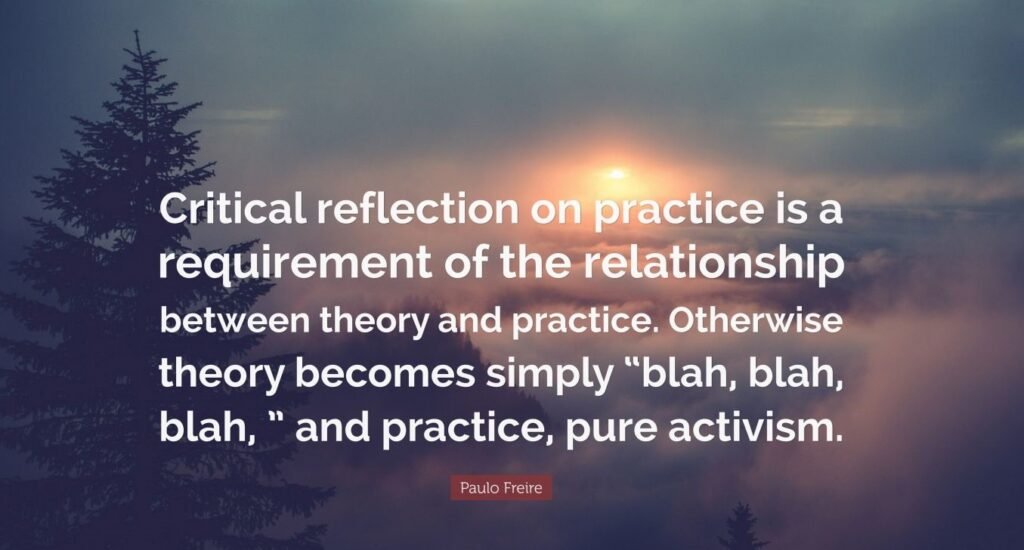
5. Provide support and resources
- Offer training in communication and conflict resolution: Equip team members with the skills needed to express themselves effectively and handle disagreements constructively.
- Ensure access to necessary tools: Provide the resources required for team members to perform their roles confidently, reducing anxiety about meeting expectations.
- Assign mentors: Pair team members with mentors who can offer guidance and support, fostering personal and professional growth.
- Encourage work-life balance: Promote policies and practices that support a healthy balance between work and personal life, reducing stress and burnout.
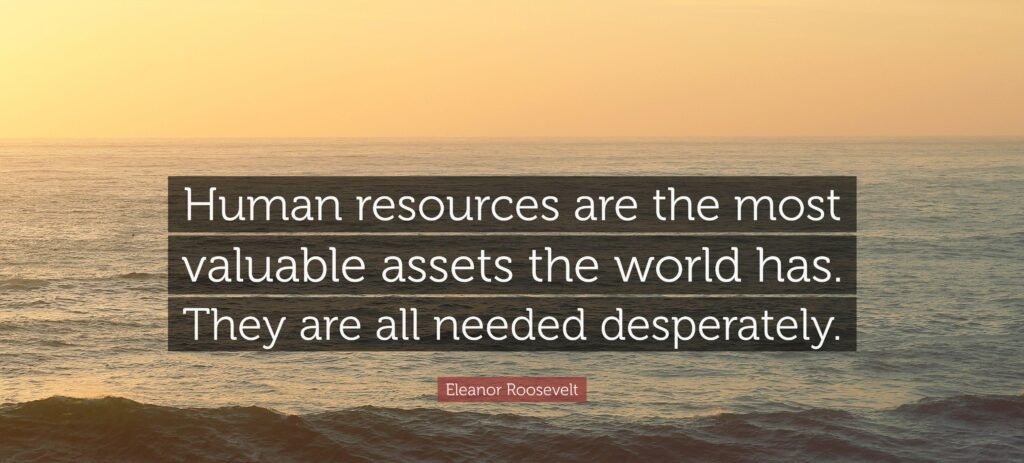
6. Monitor and address team dynamics
- Assess psychological safety regularly: Use surveys or feedback tools to gauge the team’s sense of safety and address any concerns promptly.
- Intervene in negative behaviors: Proactively manage actions such as blame or ridicule that can erode trust, maintaining a supportive team environment.
- Foster team cohesion: Organize team-building activities that strengthen relationships and trust among team members.
- Recognize and address power dynamics: Be aware of hierarchical influences that may inhibit open communication and work to create an egalitarian atmosphere.
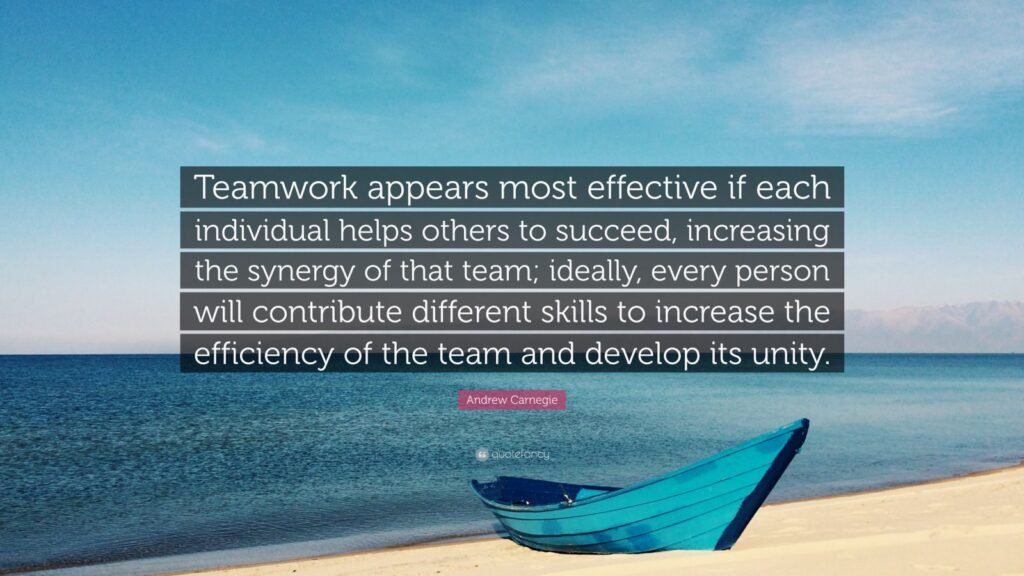
By consistently applying these strategies, leaders can build a culture where team members feel empowered to share ideas and take risks, leading to enhanced trust, collaboration, and overall team performance.
Need some help here?
If you need some help with fostering a psychologically safe workplace, essential for building trust and encouraging innovation within your team, maybe I can be of help. I have successfully implemented all strategies mentioned above, with my own teams, as well as team coach. I also coach individual leaders successfully with creating a safe team environment themselves, where team members feel empowered to share ideas and take risks without fear of negative consequences.
With over 30 years of international management, training, and coaching experience, I specialize in designing and delivering tailored programs that unlock value at all levels. If you’re seeking to enhance your team’s dynamics and cultivate a culture of trust and openness, I can provide customized coaching and team-building solutions to meet your specific needs. Let’s collaborate to unlock your team’s full potential. Feel free to reach out to discuss how we can work together to achieve your goals.
Just make an appointment to further discuss opportunities here.

This blog post was also referred to in my LinkedIn post on 8-Dec-24


